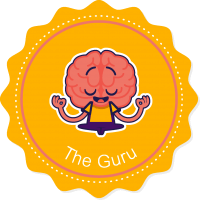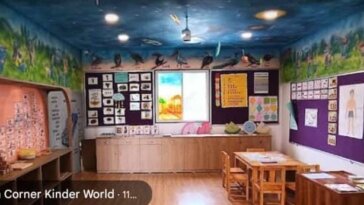The art of teaching has undergone a significant transformation over the years. The traditional approach, once the hallmark of education, has given way to modern methods that prioritize student-centric learning, technology integration, and innovative approaches.
Traditional Teaching:
– Focus on rote memorization and repetition
– Teacher-centered approach, with little student input
– Emphasis on standardized tests and grades
– Limited technology use
– Lecture-based, one-size-fits-all approach
– Less emphasis on critical thinking and creativity
Modern Teaching:
-Focus on critical thinking, problem-solving, and creativity
– Student-centered approach, encouraging active participation
– Emphasis on personalized learning and adaptive assessments
– Extensive technology integration, leveraging digital tools and resources
– Flexible and adaptive approaches, catering to diverse learning styles
– Collaborative and project-based learning, fostering teamwork and communication
The shift from traditional to modern teaching methods has resulted in:
– Increased student engagement and motivation
– Improved learning outcomes and retention
– Enhanced creativity and critical thinking skills
– Better preparation for the digital age and future careers
– More effective teacher-student relationships and feedback
In conclusion, modern teaching methods have revolutionized the education landscape, providing students with a more engaging, effective, and relevant learning experience.










